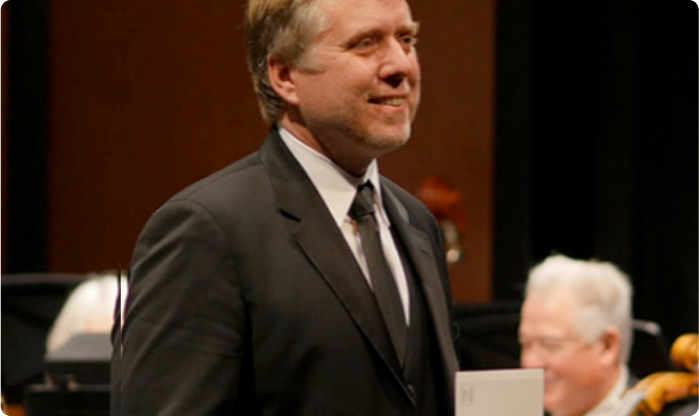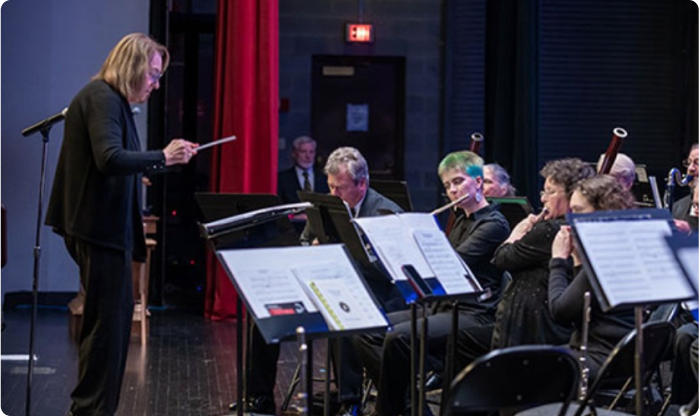How to Become a Music Teacher: A Comprehensive Guide for Aspiring Educators

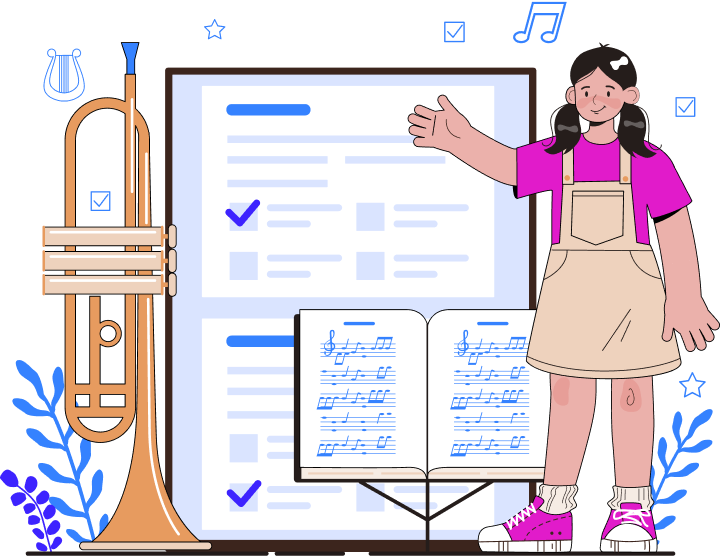






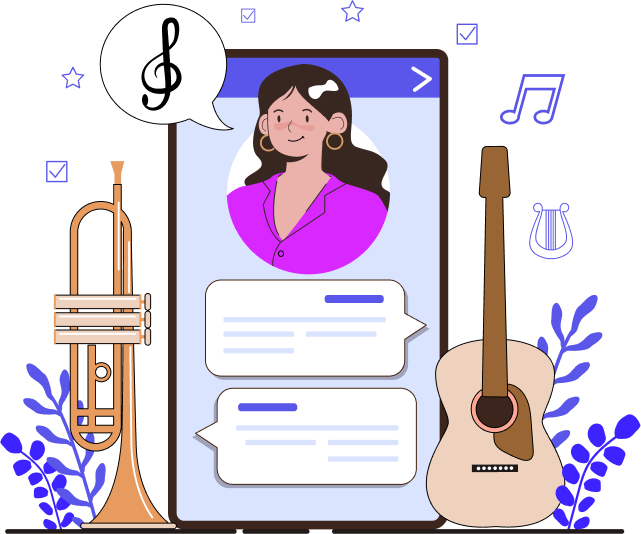
Key Responsibilities
Creating a positive and supportive learning environment
Monitoring student progress and attendance
Collaborating with school administrators and fellow teachers
Encouraging students to practice and refine their skills
Providing guidance and support for performances and exams
Staying updated on music education developments and methodologies
Tailoring lessons to meet individual student needs and goals
Assessing student progress and providing constructive feedback
Communicating with parents or guardians regarding student performance and concerns
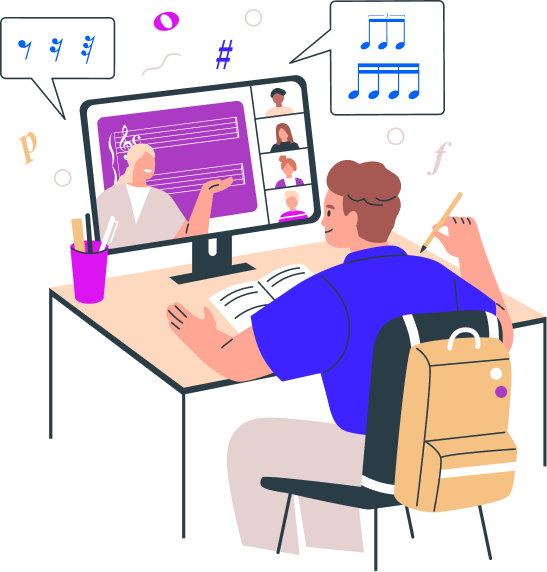
Tips from Successful Music Teachers
Plan lessons effectively to set clear goals and objectives.
Seek mentorship and guidance from experienced music educators.
Make learning enjoyable by incorporating fun and interactive teaching methods.
Continuously improve your knowledge and skills through professional development opportunities.
Instill a passion for music in your students to foster lifelong appreciation and learning.
Reasons to Pursue a Career as a Music Teacher
![]()
Fulfillment
Inspire students and make a positive impact through music education.
![]()
Salary Expectations
Earn competitive salaries with potential for growth.
![]()
Job Outlook
Benefit from a stable job market with growing demand for music educators.
![]()
Versatility
Teach in various settings, including schools, colleges, universities, and conservatories.
![]()
Embrace Lifelong Learning and Growth
As a music teacher, your journey doesn't end once you secure a teaching position. Embrace a mindset of lifelong learning and continuous improvement, seeking opportunities to refine your teaching skills, explore new teaching methods, and adapt to the evolving needs of your students and the music education landscape.













